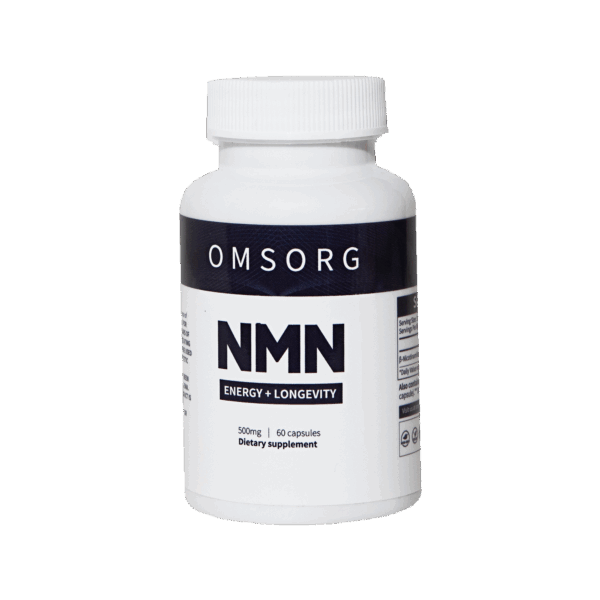Free standard shipping on orders over AUD 100 / SGD 90 / NZD 100



Meditation, an ancient practice that has been embraced by cultures around the world, is increasingly recognized for its profound impact on health and longevity. From reducing stress to enhancing cognitive function, the benefits of meditation extend far beyond relaxation. This article explores how meditation contributes to a longer, healthier life, supported by scientific research and expert insights.
Meditation involves focusing the mind, often through techniques such as mindfulness, breathing exercises, or guided imagery. It has been shown to induce a state of deep relaxation, characterized by reduced heart rate, lower blood pressure, and decreased levels of stress hormones (Harvard Health Publishing, 2014). These physiological changes are crucial for maintaining overall health and promoting longevity.
Meditation has been shown to improve cognitive function, which is vital for maintaining mental sharpness and clarity as we age. A study conducted by neuroscientists at Harvard Medical School in 2018 revealed that meditation increased the thickness of the prefrontal cortex, a brain region associated with executive functions such as decision-making, problem-solving, and emotional regulation (Harvard Medical School, 2018). Furthermore, meditation enhances neural connectivity, promoting better communication between different areas of the brain. These changes can help stave off age-related cognitive decline and support long-term brain health.
Meditation has been shown to improve cognitive function, which is vital for maintaining mental sharpness and clarity as we age. A study conducted by neuroscientists at Harvard Medical School in 2018 revealed that meditation increased the thickness of the prefrontal cortex, a brain region associated with executive functions such as decision-making, problem-solving, and emotional regulation (Harvard Medical School, 2018). Furthermore, meditation enhances neural connectivity, promoting better communication between different areas of the brain. These changes can help stave off age-related cognitive decline and support long-term brain health.
Emotional health is a key component of overall well-being, and meditation plays a crucial role in enhancing emotional resilience. By fostering a sense of mindfulness and self-awareness, meditation helps individuals manage their emotions more effectively. Studies have shown that meditation can reduce symptoms of anxiety and depression, contributing to a more positive outlook on life (National Institutes of Health, 2018). Emotional well-being is linked to lower rates of chronic illness and higher life satisfaction, both of which are important for longevity.
Begin with short meditation sessions, gradually increasing the duration as you become more comfortable with the practice. Even just five minutes a day can make a significant difference (Mindful.org, 2020).
Choose a quiet and comfortable place where you can meditate without interruptions. Creating a dedicated meditation space can help reinforce the habit (Mindful.org, 2020).
Guided meditations, available through apps or online resources, can be particularly helpful for beginners. These sessions provide instructions and support to help you stay focused (Headspace, 2020).
Consistency is key to experiencing the full benefits of meditation. Aim to meditate at the same time each day to establish a routine (Mindful.org, 2020).
In addition to formal meditation sessions, practice mindfulness in everyday activities. Pay attention to your breath, sensations, and thoughts, bringing a sense of presence to each moment (National Institutes of Health, 2018).
Meditation is a powerful tool that can enhance health and longevity by reducing stress, improving cognitive function, supporting cardiovascular health, and fostering emotional well-being. By incorporating meditation into your daily routine, you can unlock the secrets to a longer, healthier life. As scientific research continues to uncover the myriad benefits of meditation, this ancient practice holds the potential to transform our lives and promote longevity.